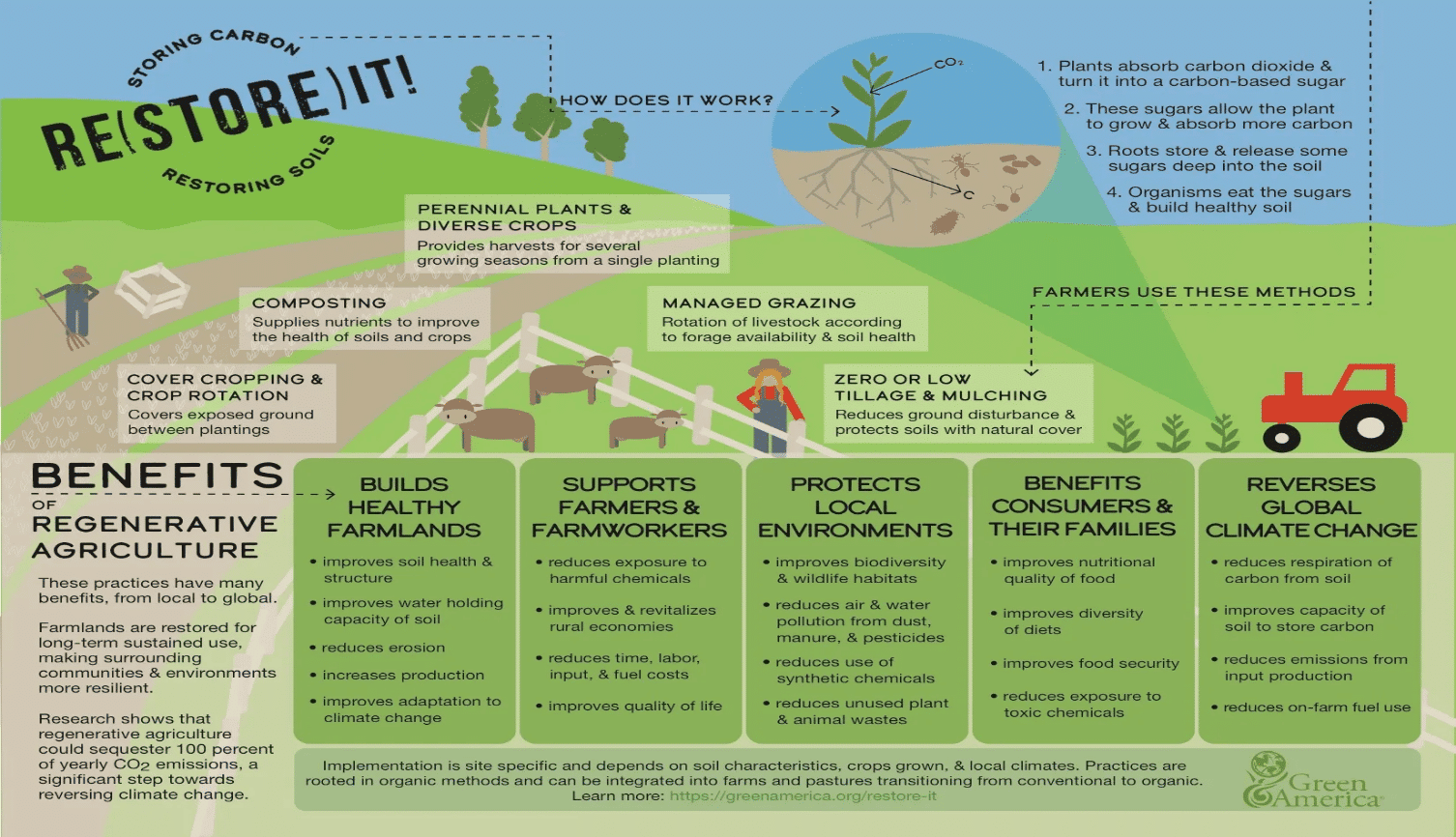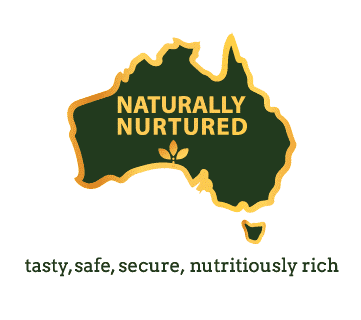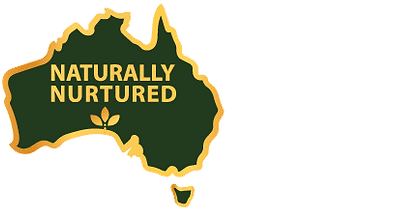FAQ
What are the positive benefits of Naturally Nurtured Australia’s Protocols for all consumers that sets their foods apart in the global market?
Naturally Nurtured Australia translates regenerative farming to human benefits by incorporating a set of protocols for their regenerative farming produce.
- Naturally Nurtured Australia combines the best of foods based on regenerative farming practices with the best of food science for testing of nutritional richness and traceability. The regenerative farmers who meet the protocols are placed under the Naturally Nurtured Australia Brand.
- The protocols include testing for optimum levels of taste, nutrition (see FAQ 2 and 3) and safety of Naturally Nurtured Australia foods which are also tested for dangerous chemicals and heavy metals including Dichlorous and Glysophates. Heavy metals tested include lead, cadmium, mercury and arsenic. See FAQ 4.
- Naturally Nurtured Australia use all the acquired harvest to decrease food waste. Nature does not always produce the most perfect shape, evenly coloured or perfectly looking produce. Sometime it may rain and cause a colour flaw, or the plant is grown on the side of the hill where it experienced hail or additional sun heat. However, the produce is still the same great tasting, nutritious bite you expect from fresh produce.
- The Naturally Nurtured Australia proteins of meat and dairy are grown using regenerative foods supply (grass fed) and no GMO and antibiotic are used. These foods are also tested for nutrition (vitamins and minerals) and are registered under the Naturally Nurtured Australia and Australian Government traceability technology.
Therefore, Naturally Nurtured Australia is more than just regenerative farming produce, Naturally Nurtured Australia ensures it’s produce is tasty, highly nutritious and free from dangerous chemicals and heavy metals, being the very best for our customers.
What is the difference between Organic and Regenerative Farming? Google and Youtube provide a variety of articles on this topic, and more are available on the Naturally Nurtured Australia blog site.
Biodynamic, organic, regenerative and sustainable – What is the difference?
This FAQ focusses on Regenerative farming methods and Organic farming methods and their similarities and differences.
Are Regenerative farming methods and Organic farming methods the same?
The most direct answer is NO, but can be complimentary. As an example NNA Avocados
If you want a quick answer for “what is regenerative farming” please see Carbon Frontier: The decision to trade or save soil carbon - Landline (abc.net.au)
Organic Farming
Organic farming / agriculture uses biological methods of organic farming instead of synthetic methods of conventional farming. Organic farmers must follow a set of standards created by the USDA / Australian Organic Standards in order for their crops to be certified organic.
The standards often defines what not to do.
Regenerative Farming
Regenerative farming / agriculture focuses more on the farming methods to improve soils, ecology and sustainable outcomes.
Terra Genesis International defines regenerative farming / agriculture “as a system of farming principles and practices that increases biodiversity, enriches soils, improves watersheds, and enhances ecosystem services.”
According to the Noble Institute: Regenerative agriculture empowers producers to use management principles that improve the overall health of the soil, the food it produces and the surrounding economy, especially carbon neutrality.
The benefits of regenerative farming include, but are not limited to:
- Increased soil health and biodiversity.
- Carbon output neutral to low.
- Healthier food outcomes due to better soils.
- Decreased use of chemicals, pesticides to assist in a cleaner environment.
- Cleaner local air and water.
- Enhanced local wildlife habitat.
- Carbon captured in the soil to combat climate variability.
The difference between Organic and Regenerative is according to various studies is:
According to the Noble Institute: What Is the Difference Between Organic and Regenerative Agriculture? (noble.org)
“Organic” is a labeling term that denotes products produced under the authority of the Organic Foods Production Act. This includes no synthetic fertilizers, pesticides and genetic modification of organisms.
Regenerative agriculture is about principles, not practices. It focuses on outcomes — actual improvements to soil health, eg, the use of natural compost for fertilizing and/or mineralization to replenish the natural minerals in the soil. These practices improve the overall quality and health of the land (the soil, water, plants, animals and humans) where the food produced is tasty, nutritiously rich and is free from dangerous chemicals and heavy metals which is desirable for human consumption. Carbon Frontier: The decision to trade or save soil carbon - Landline (abc.net.au)
Regenerative agriculture is an adaptive management approach that is supported by soil health principles. There is no recipe or prescription because each farm differs based on unique natural resources, climate variability, and animal and ecological dynamics.
Compliments of “Green America”
What does NNA test for and how do NNA manage the comparison?
Vitamins: Naturally Nurtured Australia tests for the levels of Vitamin A,B,C and E in all produce. Whilst there is no definitive level to benchmark against, however, USDA, Lenntech, and Health Direct Australia (HAD) provide a various lists of fruit and vegetable tested vitamin levels.
Naturally Nurtured Australia have all foods tested for Vitamins and compare levels with the above lists to ensure “optimum” levels are in all foods under Naturally Nurtured Australia. “Optimum” are the same as or better levels of Vitamins as per the above lists.
Minerals: Naturally Nurtured Australia test for over 33 essential minerals for human health. The minerals are tested against the listed levels from the USDA, Lenntech, and HAD. For a complete list of minerals please refer to www.naturallyau.com blog page
Why are the levels not published?
Under Singapore and Australian labelling laws Naturally Nurtured Australia are not permitted to publish the results or comparisons. However, Naturally Nurtured Australia ensure that their foods contain the required or better levels of vitamins and minerals.
What are dangerous chemicals and heavy metals and why do we test for them in all our foods?
According to World Health Organization (WHO) Heavy metals are dangerous, ie, “The main threats to human health from heavy metals are associated with exposure to lead, cadmium, mercury and arsenic. These metals have been extensively studied and their effects on human health regularly reviewed by international bodies such as the World Health Organisation.
Regenerative farming assists in the rebuilding of soils and to eliminate heavy metals from the soils and as such eliminate the transfer to humans through food production.
Naturally Nurtured Australia continues to test for these heavy metals in the quest to provide the healthiest of foods.
Dangerous Chemicals and Pesticides. World Health Organisation has provided extensive information on the dangers of pesticides and chemicals in agriculture that directly impact on human heath. PREVENTING DISEASE THROUGH HEALTHY ENVIRONMENTS (who.int), Pesticide residues in food (who.int). Full documents on the blog page Blog – Naturally Nurtured Australia (naturallyau.com)
Top Dangerous Chemical/Pesticide by WHO | NNA Produce |
Parathion | Banned in Australia |
Dieldrin | Banned in Australia |
Eldrin | Banned in Australia |
Dichlorous | Only available by permit, however can be used |
Glysophates | Can be used in Australia |
Naturally Nurtured Australia currently tests for Dichlorous and Glysophates to ensure these dangerous chemical/pesticide are not available in Naturally Nurtured Australia foods.





